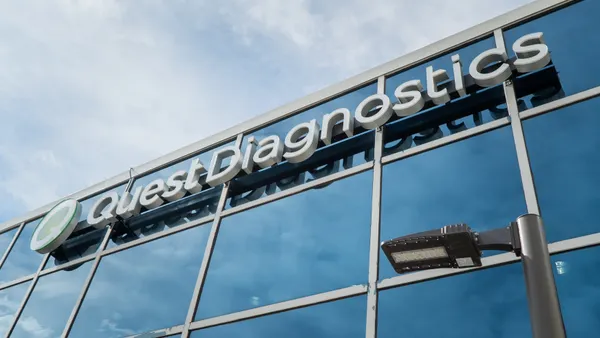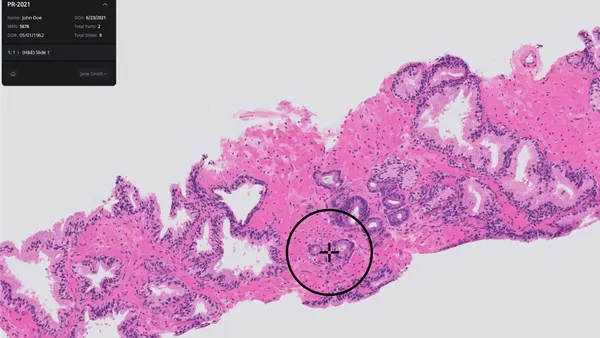Dive Brief:
-
The U.S. District Court has issued a $1.3 million judgment against Calloway Laboratories for submitting false claims to Medicare and other federal healthcare programs.
-
The civil judgment is part of a settlement covering allegations from the government that Calloway gave physicians free testing supplies to induce referrals and billed Medicare for referrals from doctors it had improper financial relationships with.
-
Calloway stopped operating in 2015 after a turbulent few years in which it paid $20 million to resolve allegations that it ran a kickback scheme that defrauded Medicaid.
Dive Insight:
By providing free samples and billing federal healthcare programs for certain referrals, Calloway was deemed to have violated the Anti Kickback Statute and the Stark Law, respectively. Both laws have been attacked as outdated in recent years. The argument, as espoused by medtech companies and others, is that the laws were designed for the fee-for-service era. While the laws worked well in that context, their detractors claim they block desirable behavior now that healthcare is moving from volume to value.
Both laws are up for review. Last month, the Office of the Inspector General sought feedback on the creation of exceptions to the rules preventing the exchange of referrals for monetary benefits. Earlier in the year, CMS asked for ideas about how to reduce the regulatory burden of the Stark Law and align it with value-based care models.
Clinical laboratory Calloway is a repeat target for prosecutors. In 2012, two former executives plead guilty to billing Medicaid for excessive urine screens of recovering addicts in a kickback scheme. The executives were sentenced to four years probation. Earlier in 2012, Calloway paid $20 million over its role in the scheme.
Following the settlement, Calloway was acquired by Ampersand Capital Partners. The private equity group installed a new CEO but, according to prosecutors, the clinical laboratory broke the law again from May to November 2014.
Over that period, Calloway is accused of filing false claims for urine drug tests referred by physicians who received free testing samples from the clinical lab. In settling the case, Calloway acknowledged that it gave physicians free samples as an inducement or reward for urine testing referrals. Calloway sought payment from Medicare and military healthcare program Tricare for tests referred by these physicians.
The case arose by a tip from a whistleblower, a former worker at Calloway.












